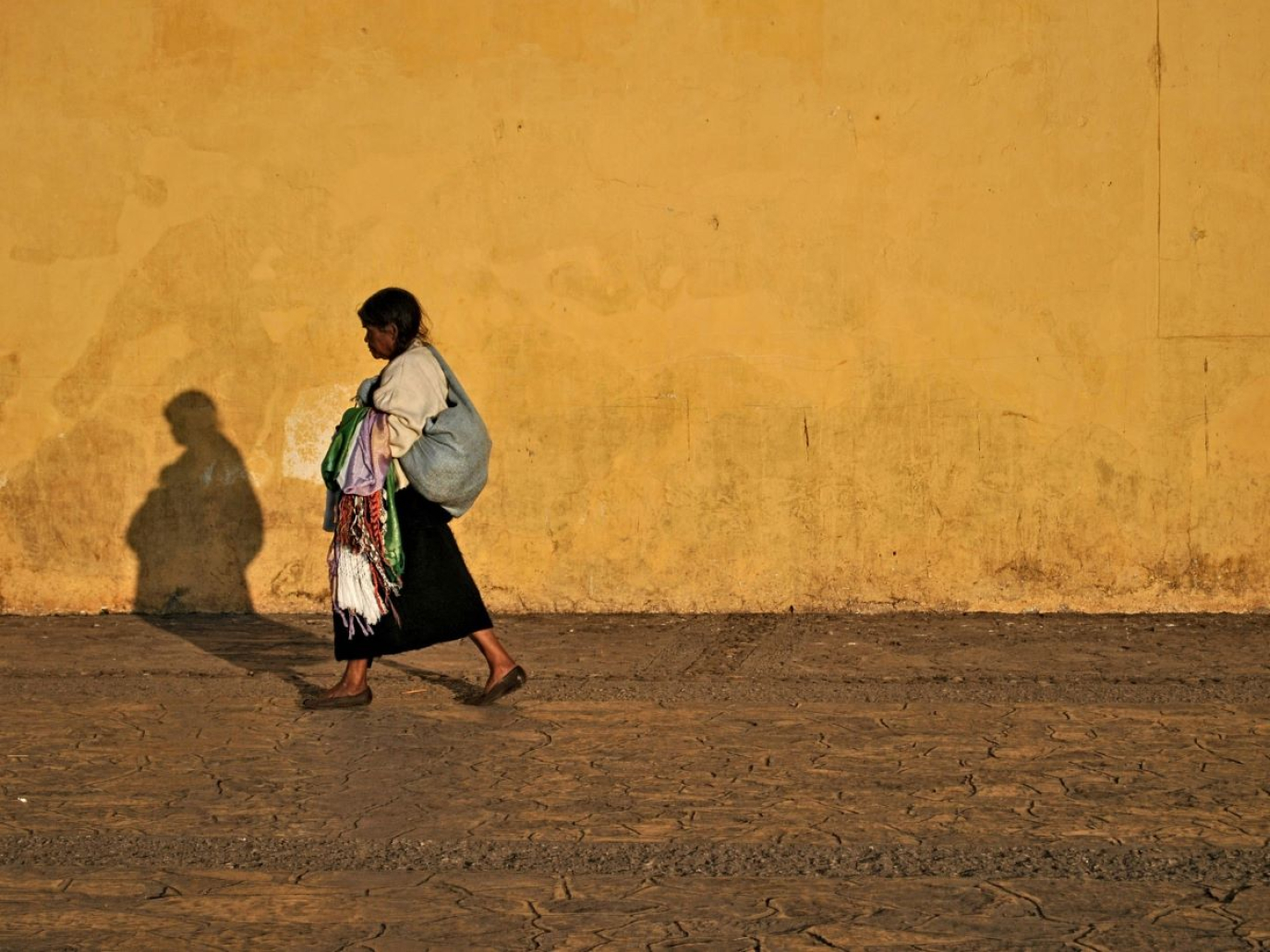
Walking for hours in the sun to fetch water. Giving birth without medical assistance because the clinic is unreachable after a flood. Giving up contraception as it is too expensive, while the family sinks into economic hardship. Not scenarios from a dystopian future: this is happening today in Brazil, Kenya and Tanzania, where the climate crisis is dramatically exacerbating gender inequalities and threatening the reproductive health of thousands of women.
Documenting this is On Our Lands, On Our Bodies, a study by WeWorld presented at COP30 in Belém, which, for the first time, focuses specifically on indigenous communities. The research highlights an uncomfortable truth: the climate crisis is not gender-neutral. It affects women in the most intimate way possible, on their bodies and reproductive lives.
The invisible bond between climate and reproductive rights
The study explores an often overlooked intersection in climate policy: that between environmental degradation and reproductive health. In all three contexts examined – Brazil, Kenya and Tanzania – a participatory approach involving local communities at every stage of the research revealed similar dynamics, despite specific regional circumstances. Water scarcity, food insecurity and infrastructure collapse not only threaten immediate survival, but also undermine women's bodily autonomy and their ability to access essential health services.
In Ceará, Brazil, indigenous communities face increasingly prolonged droughts that have disrupted subsistence agriculture and severed historical ties to the land. Women report that the daily search for water, which can take an entire day, diverts time away from healthcare, and that crop losses have led some families to view early pregnancy as a strategy for economic survival.
In Kenya, in the Narok, Isiolo and Kwale counties, the figures are alarming: 85% of women interviewed have noticed obvious climate change, 91% reported reduced access to health services, 89% experienced negative impacts on pregnancy and 83% noted a deterioration in menstrual health management. Infrastructure damaged by floods and droughts makes health centres inaccessible, while food insecurity, reported by 64% of women, compromises maternal nutrition.
The unseen weight of reproductive labour
One of the most significant aspects that emerged from the survey relates to the intensification of unpaid labour. When wells run dry, women are the ones who have to travel ever greater distances to collect water, often in unsafe conditions. When crops fail, they are the ones who have to find alternative strategies to feed their families. This “triple burden” (domestic labour, agricultural/paid work and community involvement) has devastating consequences on physical and mental health.
In Pemba, Tanzania, women continue to perform heavy tasks even during late pregnancy, while 58% of respondents have difficulty accessing water and 81% have to travel long distances to procure it. Economic pressure stemming from climate change has a profound impact on reproductive choices: some families opt for fewer children due to increasing difficulties, while others, either because of unavailability of family planning or cultural norms, continue to have large families. However, a counterbalance is also emerging: in various contexts, informal networks of female solidarity are springing up, spaces where women share experiences and seek collective solutions, although these remain fragile, especially in more conservative communities.
Rooted in a feminist, de-colonial and intersectional paradigm, the research involved WeWorld's local teams at every stage: from formulating questions to collecting data and developing recommendations. This nine-month process comprised biographical interviews, focus groups and structured questionnaires, guaranteeing that local priorities steered the investigation rather than being imposed from outside.
The study concludes with practical suggestions for various players. International donors are asked to channel resources directly to feminist and women-led organisations, providing flexible, long-term funding that goes beyond short project cycles. Creating financing windows dedicated to sexual and reproductive health and rights (SRHR) within climate portfolios is crucial, acknowledging it as an essential component of resilience.
Governments ought to integrate SRHR into national climate adaptation strategies, institutionalise women's leadership in climate governance, and adopt rights-based frameworks that explicitly recognise the connections between gender inequality, health disparities, and environmental degradation. Transparent monitoring mechanisms, including gender-responsive budgeting, are crucial to guarantee that commitments translate into practice.
The timing of the publication is not coincidental. COP30 in Belém offers an opportunity to acknowledge the vital role of rural and indigenous communities in climate solutions. Holding the conference in the heart of the Brazilian Amazon, where indigenous women are the guardians of vital ecosystems, has profound political and symbolic significance.
The report defies the prevailing paradigm that treats climate change primarily as a technical or environmental issue. Instead, it documents how this is a profoundly social crisis, intertwined with patriarchal, colonial and economic power systems. Climate justice, the research claims, cannot exist without gender justice. Lydia Wanja Kingeru, a young Kenyan activist supported by WeWorld at COP30, embodies the generation calling for more equitable and inclusive climate action. Her presence, alongside Brazilian indigenous activist Glaubiana Alves, epitomises the necessity of valuing young voices in global decision-making processes.
The paper not only documents vulnerabilities, but also highlights the resistance and adaptation strategies already in place. These community practices constitute forms of situated knowledge that challenge extractive and top-down models of climate response, demonstrating their essential role in effective and equitable climate action. As the testimonies collected show, women are not passive victims but active agents of change. Yet their ability to act is severely limited by unjust power structures, inadequate access to resources, and lack of recognition in decision-making processes. Removing these barriers is not only a matter of equity, but a necessary condition for building genuine climate resilience.
Cover: photo by Aquiles Carattino, Unsplash



